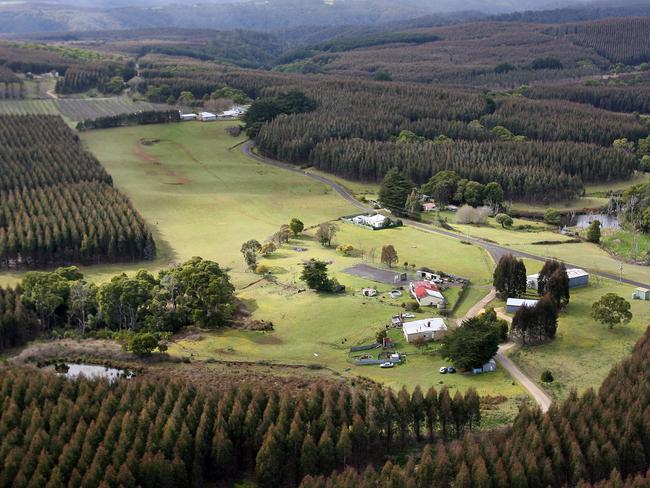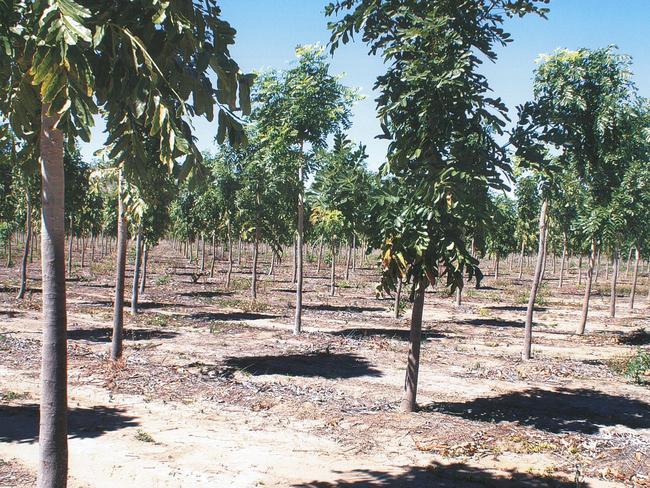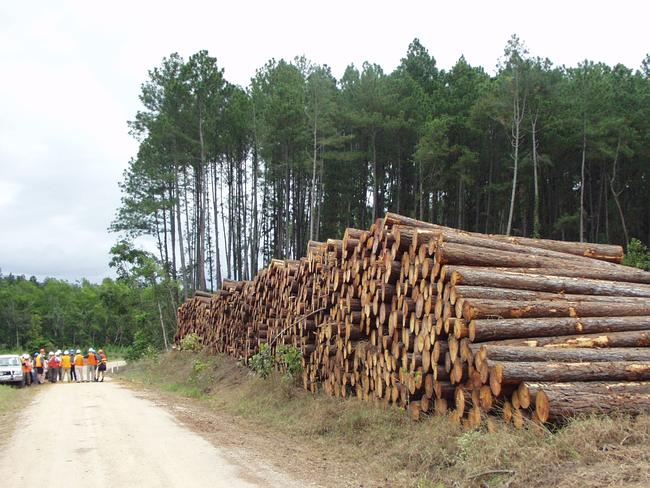More trees will grow jobs, economy
One of the clearest answers for policy focus which will help us climb out of the looming economic recession is our renewable, innovative forest industries.

If 2020 has been about containing the pandemic, 2021 will be about resurrecting the economy that we’ve had to put on life support.
The hardest questions will be where do we focus? Where are the quick wins and which industries are the safest bets in a radically altered world? Who could have foreseen that airlines would be struggling to even get planes in the air but that renewable packaging, face masks and toilet paper makers would be working triple shifts and still unable to meet demand?
One of the clearest answers for policy focus which will help us climb out of the looming economic recession is our renewable, innovative forest industries. The fundamentals are blue chip and the enablers simple.

Even before COVID-19, wood fibre and timber demand was skyrocketing. People everywhere were demanding recyclable paper and cardboard over single-use plastics and mass timber buildings with low-carbon footprints were springing up in cities around the world, including Australia. Global demand for renewable forest products was forecast to quadruple by 2050.
The opportunity is for Australia to play a much larger part in that growth story, which will re-emerge when COVID-19 subsides. COVID-19 has exposed our over-reliance on imported essential items (like Personal Protective Equipment), perpetuated by the demise of many of our manufacturing sectors.
Fortunately, Australia’s timber and wood product industries are still going strong, deemed an essential industry by governments amid the COVID-19 shutdowns so production of essential products has continued uninterrupted. But we could be doing a lot more. We have the people, the land, the skills, the processing facilities — we have everything except one thing. We need to plant more trees. And that is where easy policy wins are possible.
‘One of the clearest answers for policy focus which will help us climb out of the looming economic recession is our renewable, innovative forest industries’
There are two sorts of forestry in Australia. We sustainably use a very small portion of our native estate — six trees out of 10,000 (regenerated by law) — to produce all those wonderful floors, stairs, windows and furniture, as well as essential products such as paper, timber pallets and packaging for freight.
Our modest, sustainably managed native timber industry must continue at existing levels to ensure it can continue to supply these essential products and support tens of thousands of regional jobs.
Decision-makers should not bow to pressure from the vocal minority of activist groups to close down the native timber industry, because all it will lead to is the decimation of hundreds of regional communities where the timber industry is the backbone of the local economy, and even more timber imports from countries with less sustainable forestry operations.
The second type of forestry we do here is based on our 2 million hectares of forestry plantations. Those pine trees you see in regional Australia make our house frames and the fast-growing eucalypts are vital for renewable packaging and replacing plastic products.

In fact, trees and the bioproducts we can make from them are so versatile that scientists are developing an array of exciting opportunities that will play an important part in the future of the bio-economy, including biochemicals, textiles, solvents, plastics, and lubricants. New bio-fibre based products and services are being developed across the world, replacing fossil fuel-based products.
Australia has an opportunity to be at the forefront of this wave. However, to unlock this innovation and meet the growing demand for our sustainable wood products, we need to grow the plantation estate significantly and strategically.
The federal government agrees and has a plan to increase the estate by 1 billion trees in the regions where the wood processing businesses are located. Let’s fast track that plan.
Trees grow jobs. Jobs are going to be in short supply. There is not a moment to lose.
Ross Hampton is chief executive officer of the Australian Forest Products Association, vice-chair of the UN FAO Advisory Committee on Sustainable Forest Based Industries, a member of the International Council of Forest and Paper Associations and is a ForestWorks board member.
